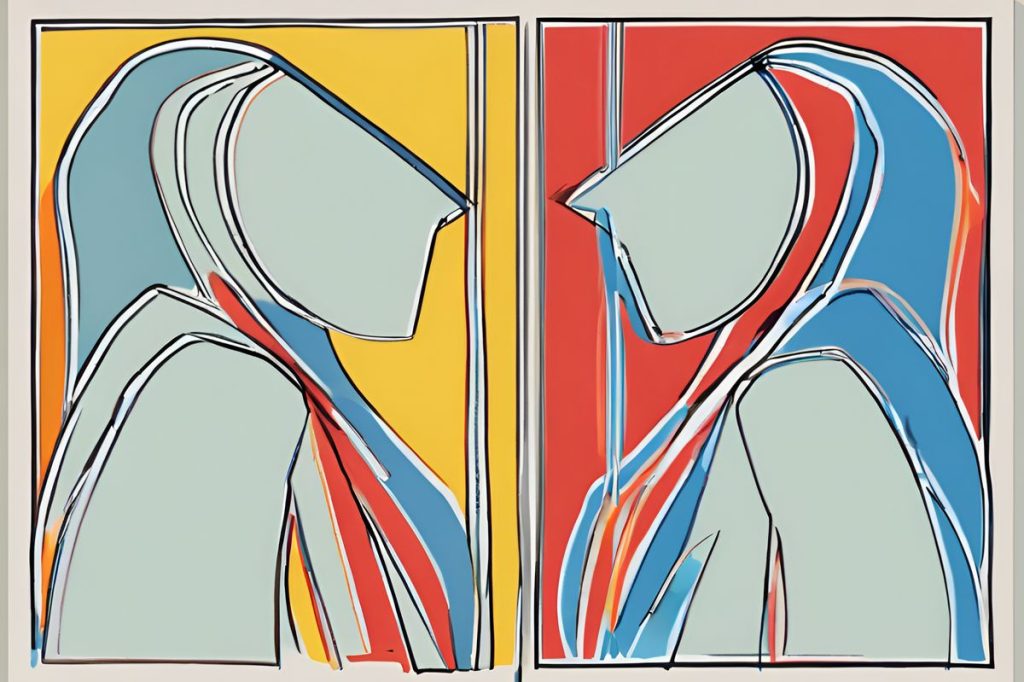The YDP Leadership Election has been postponed due to internal conflicts between candidates Erhan Arikli and Talip Atalay. The delay allows for resolving disputes over campaign influence and membership issues, while the outcome of the election will have significant implications for the party’s direction and stability.
Why was the YDP Leadership Election Postponed?
The YDP Leadership Election was postponed due to internal conflicts between candidates Erhan Arikli and Talip Atalay, leading to accusations and a struggle for power within the party. The delay allows for resolving disputes over campaign influence and membership issues.
Political Tensions Delay Crucial Vote
The political landscape in the north took an unexpected turn when the YDP, a key player in the ruling coalition, announced a sudden postponement of its leadership election. Initially scheduled for the imminent weekend, party insiders have pushed the election to April 28. This delay surfaces amidst a backdrop of internal conflict, with the two main candidates, Erhan Arikli and Talip Atalay, publicly locking horns.
The announcement came during a joint press conference that some described as tense, highlighting the friction within the party’s ranks. Arikli, who not only leads the party but also serves as the north’s transport minister, cited the need to prevent former members, who hadn’t formally relinquished their membership, from influencing the vote. Atalay countered, suggesting the delay grants Arikli more time to campaign, a move he implied was strategic.
Accusations and Allegations Heat Up
In an election cycle already marred by accusations, Arikli’s alleged threat to a youth leader supporting Atalay added fuel to the fire. The incident underscored the intense rivalry between the candidates, with Atalay revealing considerations to challenge Arikli prior to the municipal elections in December 2022. He accused Arikli of deceit, claiming the call for party unity was a facade orchestrated by internal forces, not external pressures from Turkey as initially presented.
Arikli’s rebuttal to Atalay’s allegations was equally charged. Leveraging Atalay’s past as a religious figure and head of the religious affairs directorate, Arikli questioned if it was becoming of a theologian to engage in such slander.
Unresolved Power Struggle
The leadership dispute briefly seemed to find a resolution when district branch leaders proposed a rotating leadership system between Arikli and Atalay. However, this solution was short-lived as it contradicted the party’s internal regulations. The aborted proposal left the party without a clear path to reconcile the leadership tussle.
The YDP’s internal discord is reflective of a broader trend in politics where personal ambitions often clash with collective goals. As the postponed election date approaches, the party is under scrutiny, with its ability to manage its affairs and present a unified front to its constituents and coalition partners in question.
Implications for Future Governance
The outcome of this leadership election will have significant implications for the party’s direction and stability. With the political landscape in flux, the YDP’s ability to navigate these internal struggles could set the tone for governance in the north. The current standoff not only tests the party’s internal cohesion but also the resilience of the ruling coalition, with the potential to reshape political alliances and policies.
As April 28 looms, all eyes will be on the YDP, awaiting the resolution of this power struggle. The question remains whether the party can emerge from this period of strife stronger and more united, or if it will face lasting divisions that could alter its course and influence within the political sphere.
Why was the YDP Leadership Election Postponed?
The YDP Leadership Election was postponed due to internal conflicts between candidates Erhan Arikli and Talip Atalay, leading to accusations and a struggle for power within the party. The delay allows for resolving disputes over campaign influence and membership issues.
What are the main sources of tension within the YDP?
The main sources of tension within the YDP are the power struggle between candidates Erhan Arikli and Talip Atalay and the allegations and accusations exchanged between them. Arikli’s alleged threat to a youth leader supporting Atalay added fuel to the fire, and Atalay accused Arikli of deceit and questioned his motives for calling for party unity.
Has there been any proposed solution to the leadership dispute?
District branch leaders proposed a rotating leadership system between Arikli and Atalay as a potential solution to the leadership dispute. However, this solution contradicted the party’s internal regulations and was ultimately aborted. As of now, the party does not have a clear path to reconcile the leadership tussle.
What are the implications of this leadership election for the YDP and the ruling coalition?
The outcome of this leadership election will have significant implications for the YDP’s direction and stability, as well as for the ruling coalition. The ability of the YDP to manage its internal struggles and present a unified front will be scrutinized. The current standoff could potentially reshape political alliances and policies, affecting the party’s influence within the political sphere.

